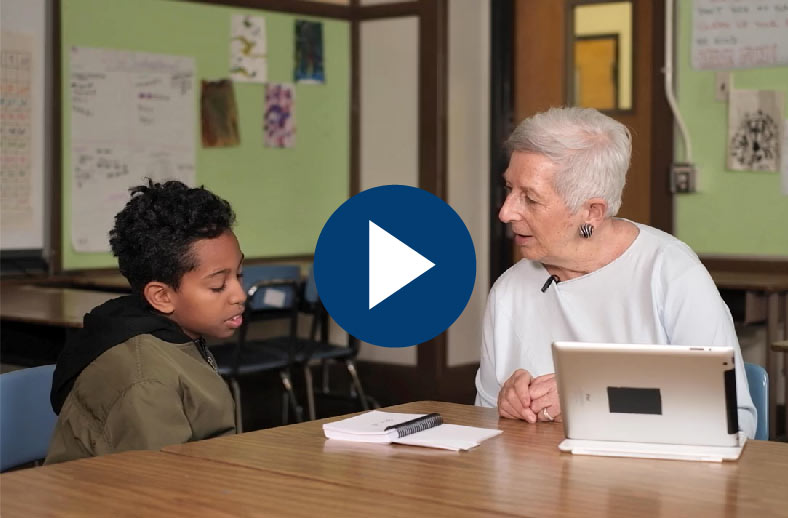
Explore My
Teaching Stories

“I learn from teaching students in classrooms. Then, through my blogs, podcasts, and video chats, I share my stories. I invite you to explore my thinking.”
MARILYN BURNS

Listening to Learn
A K–5 Digital Interview Tool
- One-on-One Interviews
- Individual & Class Reports
- Video Library
- Instructional Suggestions
- Professional Learning Labs



